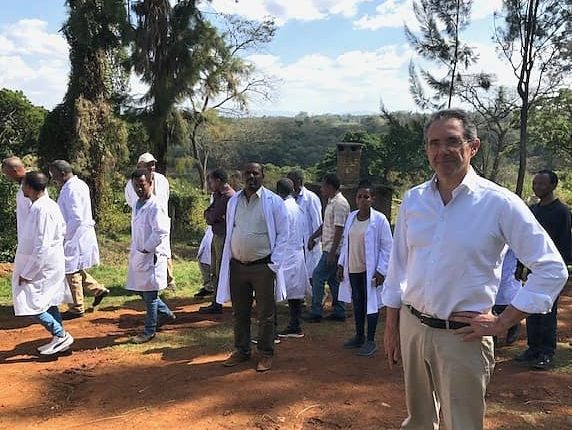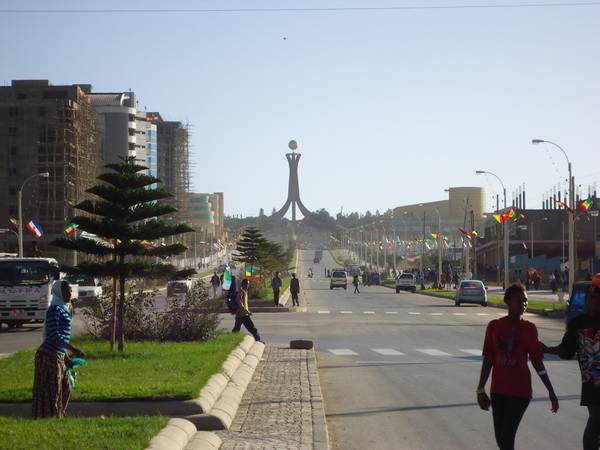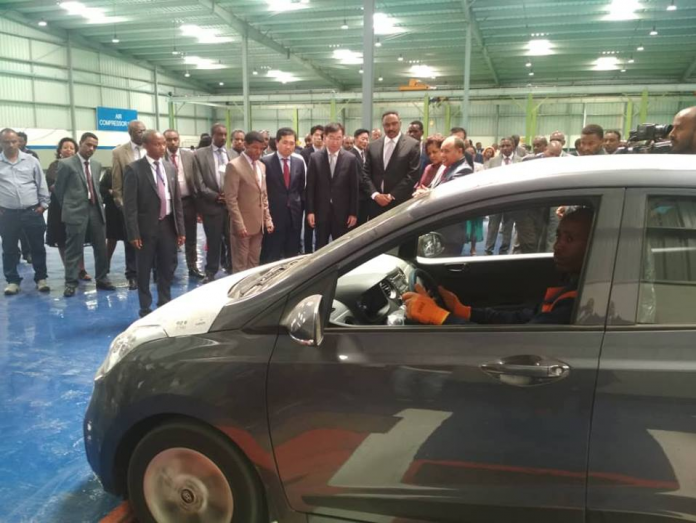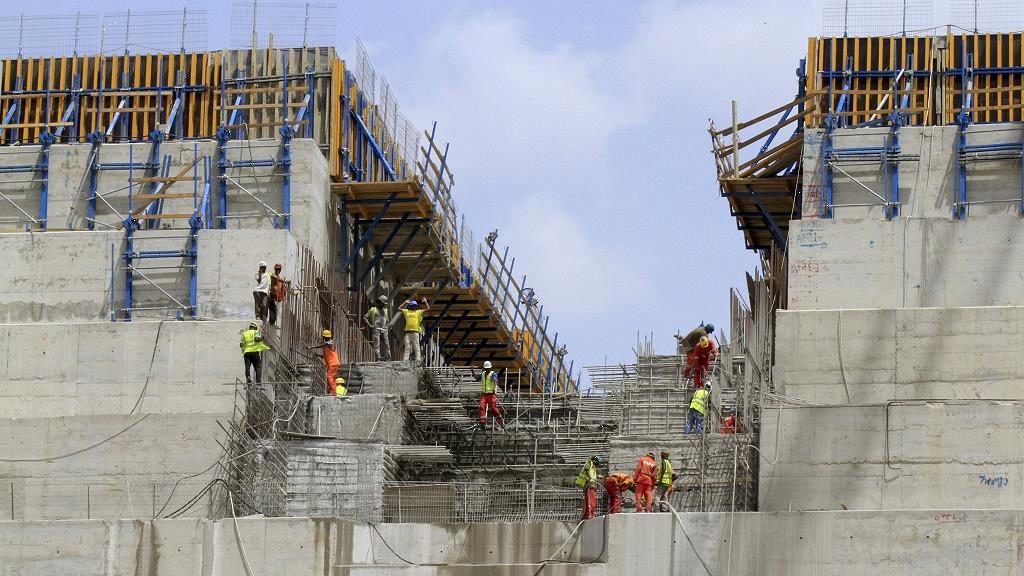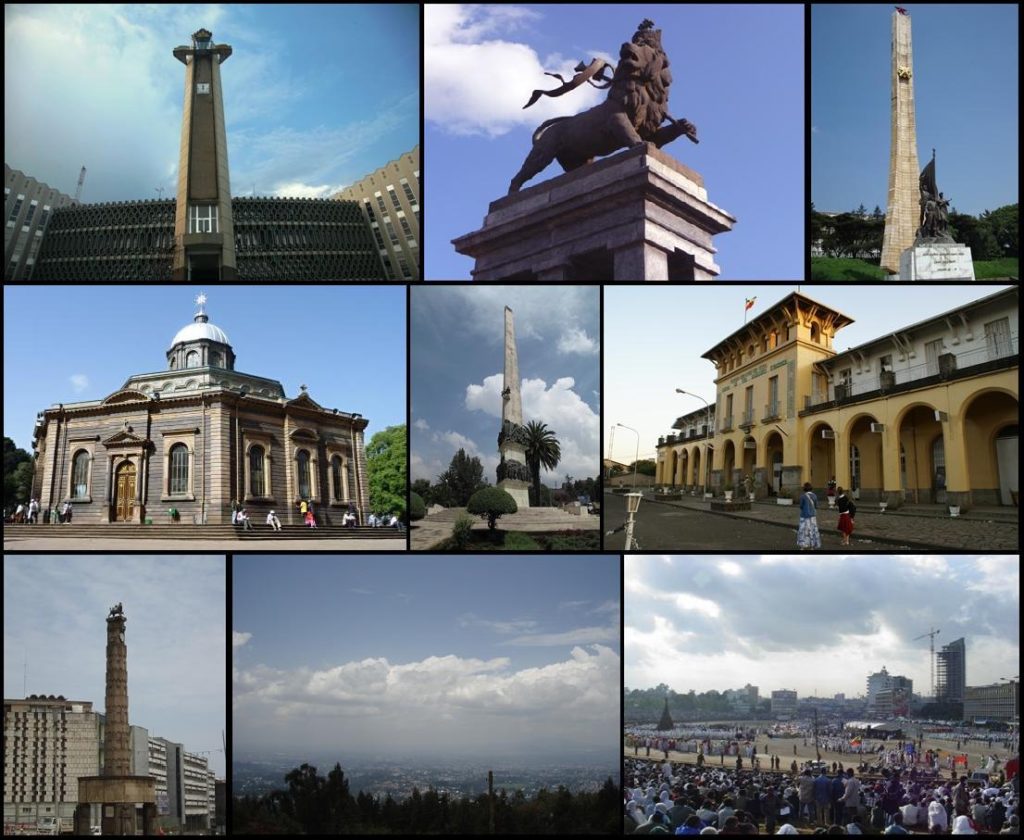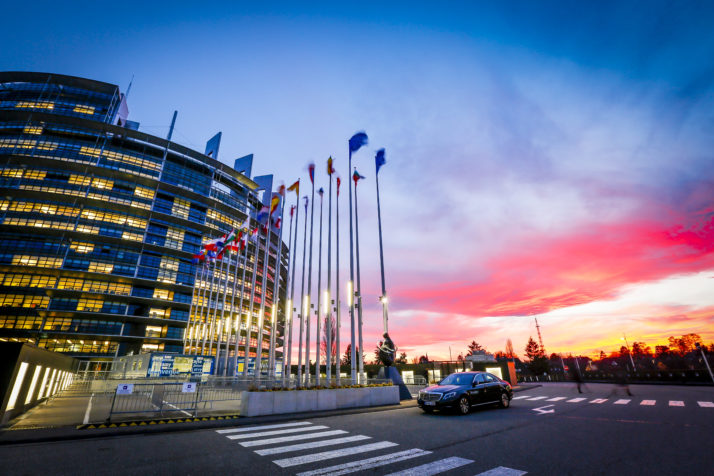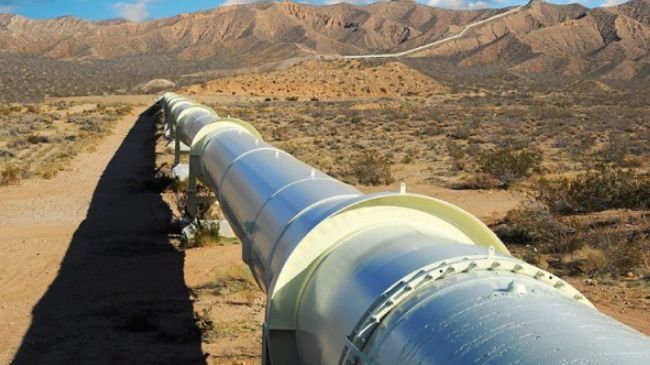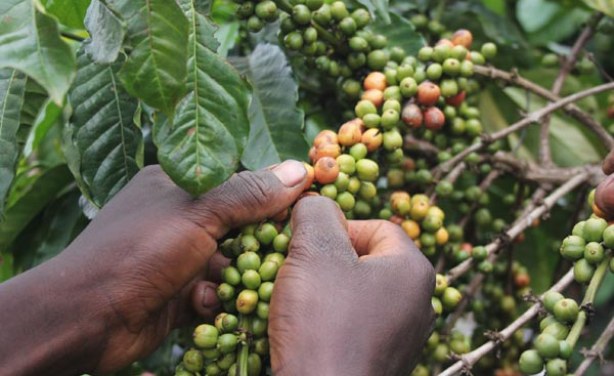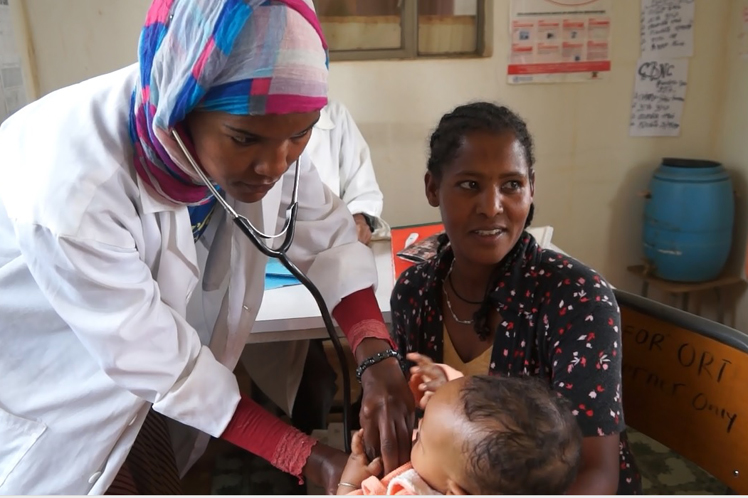The European Union (EU) will launch an EU-Coffee Action for Ethiopia (EU-CafE), a €15m project which will help Ethiopian smallholder farmers boost the yields and quality of their coffee crops through better seeds and farming techniques.
This was announced during a visit by the EU’s Ambassador to Ethiopia, Mr Johan Borgstam, and the EU Head of Cooperation, Mr Erik Habers, to Manna woreda (district) near Jimma, the heartland of Ethiopian coffee farming.
In combination with improvements in marketing, the project will allow coffee farmers and processors – many of them being rural women and youth – to improve their living conditions, according to a statement issued by European Union in Ethiopia.
Coffee is extremely important to Ethiopia, as the land of origin of Arabica. Approximately twenty million Ethiopians make a living from coffee, from farmers to roasters to baristas and exporters. Green coffee beans are Ethiopia’s main export, generating up to €750 million in hard currency each year.
Grown under forest canopies, Ethiopian Arabica is considered among the best in the world and sought after by coffee aficionados everywhere. In spite of this, Ethiopian growers could still command a higher price for their coffee.
Building on forty years of support to the sector, the European Union stands ready to help Ethiopian coffee farmers improve their fortunes in the years to come.
